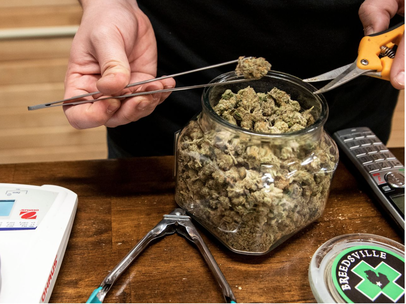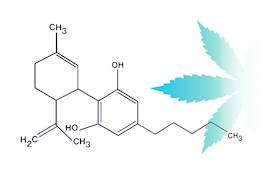|
The Ohio Medical Marijuana Control Program published an annual report with results of physicians who recommend Medical Cannabis. 648, that’s the number of Ohio physicians actively certified for the program. The program permits 25 medical conditions that qualify for Cannabis treatment in Ohio. One of the key questions of from the report asks physicians, “How satisfied are you with the effectiveness of medical marijuana in treating your patients with the qualifying conditions”. The Physicians were asked to rate each condition with “Satisfied”, “Neutral”, “Dissatisfied”, “Other”, and “Not Applicable”
An article by Laura Hancock in Cleveland.com puzzles me. Although the results of this report are overwhelmingly positive, for some reason the story downplays it. It identifies that 59.4% of physicians were satisfied with the effect of Cannabis on chronic or intractable pain, 53.5% were satisfied with its effectiveness for cancer patients, 50.8% were satisfied for fibromyalgia and 50.3% for post-traumatic stress disorder patients. The results were much better. Only 65% of the doctors responded to the survey. If the percentage of respondents are calculated, 91% of physicians who saw patients with pain were satisfied with the results, 82% for cancer, and 77% for both fibromyalgia and PTSD. Out of the doctors seeing patients with Sickle Cell, 82% were satisfied with Cannabis. Prior studies indicate only 65 % of patients are satisfied with traditional treatment for Sickle Cell and 75% seeking alternative treatments. For every condition in this report, physicians were more satisfied than dissatisfied with Cannabis as treatment. Even for less responsive conditions, like Huntington’s Disease. Dr. Ryan Marino, Case Western University toxicologists and addiction medicine specialist notes, “There is little evidence in the US about the effectiveness of marijuana”. When asked about the report, he backtracks and qualifies his answer by saying, “I think those conditions are anecdotally what people report success with,” and adds, “the low dissatisfaction rates are likely due to marijuana’s relative low risk. Dr. Solomon Zaraa, president of Compassionate Cleveland, a medical Cannabis practice sees the survey results as like his own experience. He sees many chronic pain patients who prefer not to depend on opiates. He also sees PTSD patients who are less reluctant to enter therapy after they use Cannabis. Rather than downplaying, the results of this report, we should shout it from the mountain tops. It’s promising that doctors of patients who use Cannabis are satisfied with the results. However, the stigma of Cannabis continues to be an adversary to real-world evidence. As a response, we must keep publishing survey results such as this. And as a follow up, we should probably find out what the patients themselves think of using Cannabis. |
AuthorJean Talleyrand, M.D., Archives
September 2023
Categories |
Mailing Address: MediCann 1336 Willard Street, C • San Francisco, CA 94117
Important Disclaimer!
The information contained in this site does not intend to replace any medical advice or care by a trained physician.
Any use of this information is solely the the responsibility of the user.
Important Disclaimer!
The information contained in this site does not intend to replace any medical advice or care by a trained physician.
Any use of this information is solely the the responsibility of the user.
© COPYRIGHT 2015. ALL RIGHTS RESERVED.


 RSS Feed
RSS Feed


